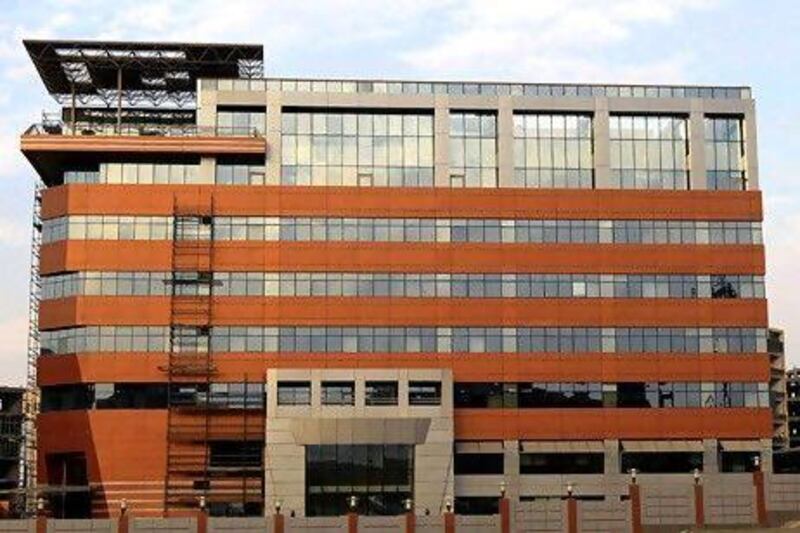Dana Gas has asked creditors to decide whether to liquidate its US$920 million sukuk (Dh3.37 billion), after what analysts believe to be the first default by a UAE company on an Islamic bond.
The Sharjah-based fuel producer is now locked in last-minute negotiations with a committee of sukuk-holders on a standstill agreement over repaying the bond.
The issuer has requested creditors to declare whether they will seek to dissolve the bond, which would allow them to attempt to seize the company's assets, including concessions in Egypt and Sharjah.
"We hereby advise that a dissolution event has occurred," Dana Gas said in a statement to the London Stock Exchange, released late on Monday.
"We hereby request the certificate holders to confirm whether they wish for the trust to be dissolved."
A source familiar with the matter confirmed the default yesterday.
Agreement from a quarter of bondholders is needed to force a liquidation of the sukuk.
The creditors include the investment manager BlackRock, which holds 30.3 per cent of the sukuk. BlackRock declined to comment yesterday.
A dissolution is unlikely because of an agreement signed last month with a committee representing the majority of creditors not to pursue legal action for six months, said the source.
"Technically there is [a default], but it's irrelevant really because there was an agreement put in place at the beginning of October," he said. "As long as the discussions continue, then they're not going to seek enforcement."
Although other companies such as Nakheel and Dubai World have renegotiated bond deadlines to avoid missing repayment deadlines, Dana Gas is the first to technically default.
Unlike multibillion-dollar restructurings at those companies, which have reverberated throughout the UAE's economy during the past years, markets expect the effects of the Dana default to be more subdued.
Shares of Dana Gas on the Abu Dhabi Securities (ADX) Exchange rose 2.5 per cent yesterday to 41 fils.
The ADX rose 0.4 per cent.
To seize the company's assets, creditors would likely need to get the backing of court orders and ministerial judgements in countries such as Egypt - a lengthy process that would likely deter creditors.
The company's assets were Dh12.1bn at the end of September, with cash of Dh516m.
Dana Gas is 21 per cent owned by Crescent Petroleum, with which it operates a joint venture in Iraqi Kurdistan alongside Hungary's MOL and Austria's OMV.
"Crescent is a private company," said Majid Jafar, the chief executive of Crescent. "It's a Dana Gas sukuk."
Investors are expected to view the latest development as an isolated event with little effect on the wider market, said Mark Watts, the head of fixed income for National Bank of Abu Dhabi.
In fact, it may even reassure international buyers by demonstrating how the UAE's insolvency regime works in practice, he added.
"Paradoxically, I think this is going to be a net positive for the UAE," he said.
"This is a great opportunity for the market and for investors in the wider region to see how a situation like this is handled in the UAE."
[ ghunter@thenational.ae ]





